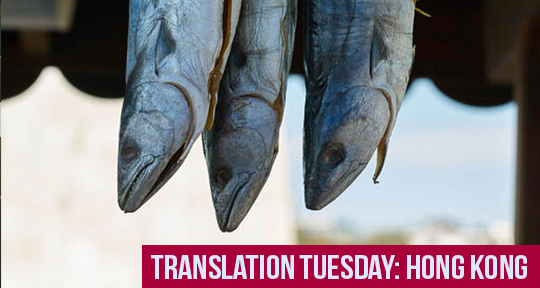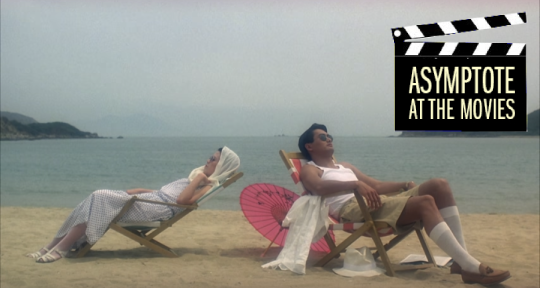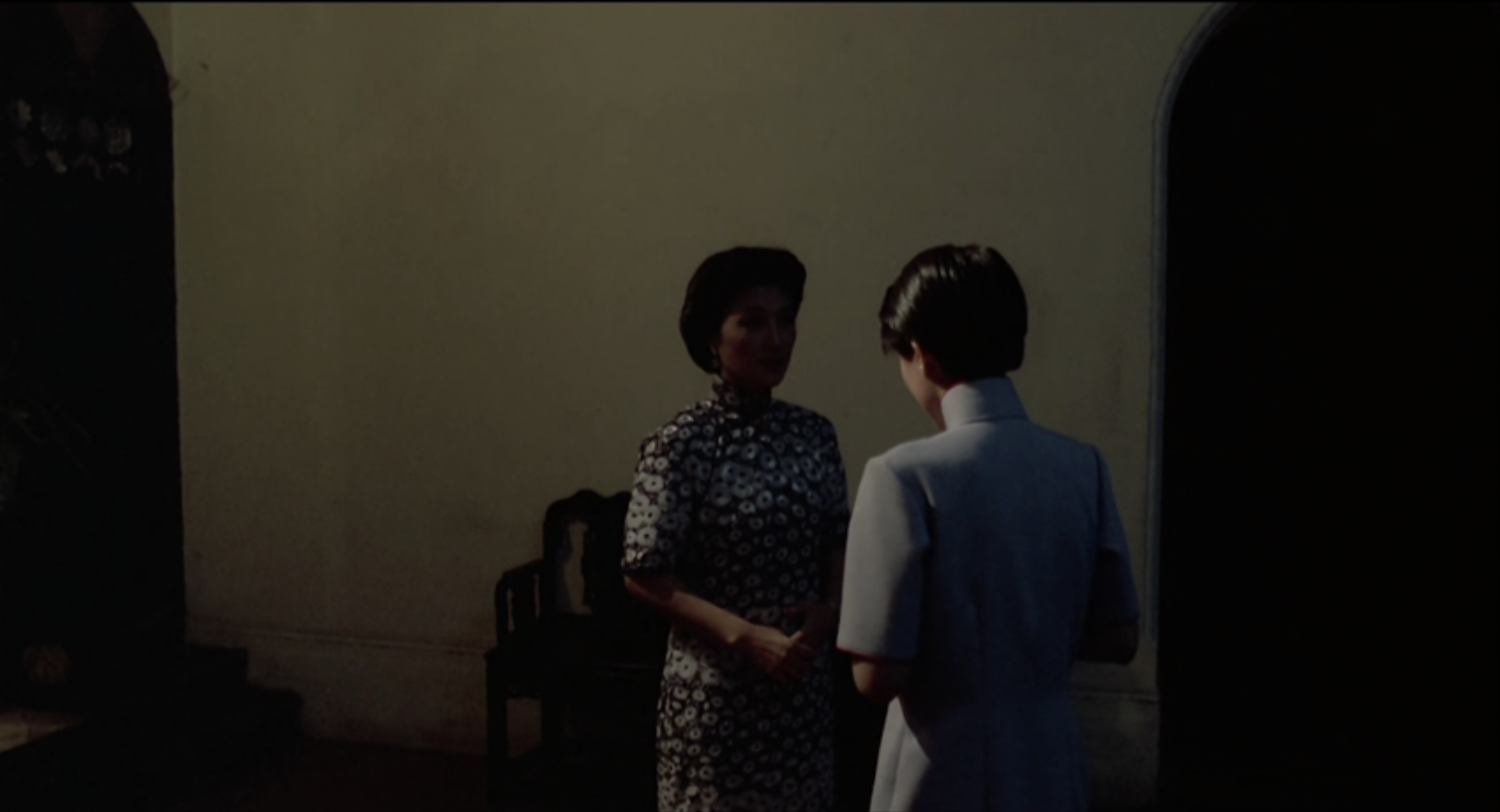This week, our Editors-at-Large explore blockchain publishing, poets’ novels, and literary surrealism. Read on to find out more!
Charlie Ng, Editor-at-Large, reporting from Hong Kong
In December, Hong Kong independent bookstore Mount Zero Books announced that it will be closing in March 2024 due to anonymous complaints on the bookstore’s “illegal occupation of government land”, and the resulting warning from the Lands Department regarding the tiled platform outside of the bookstore. Mount Zero Books’ experience is not an isolated issue; it is part of the narrowing of Hong Kong’s cultural space under the current political climate, in which independent publishers and bookstores are facing increasing control and censorship. In 2022, for instance, local independent publisher Hillway Press was not allowed to participate in the annual Book Fair organised by Hong Kong Trade Development Council. The publishing house then planned to host a “Hongkongers’ Book Fair” featuring 14 independent local publishers and bookstores in the shopping mall Mall Plus in Causeway Bay. Unfortunately, the book fair was forced to cancel as they were accused of violating the terms of venue use. In December 2023, one of the founders of Hillway Press emigrated and the company decided to close down. What is more, two of Hong Kong’s remaining independent bookstores, Have A Nice Stay and Hunter Bookstore, have said that they face frequent complaints and regular monitoring by government departments.
In light of increasing challenges — both economic and political — faced by the local publishing industry, Hong Kong writers are beginning to explore new means of publishing their works and reaching out to readers. Hong Kong writer Dung Kai-cheung has been counting down to the 15 February publication of his new work, Autofiction, on his own writing platform, Dungfookei. Autofiction will be published in the form of an NFT. The new autobiographical nonfiction is part of the writer’s exploration of the potential of Web3’s blockchain technology for decentralizing publishing and granting more autonomy in user control and ownership of data. In 2023, Dung joined Likecoin — an application-specific blockchain for decentralized publishing developed by Hong Kong entrepreneur Ko Chung-kin — to republish his famous novel Tiangong Kaiwu·Lifelike, which became the first Chinese novel to be published as an NFT. While Tiangong Kaiwu·Lifelike is available for purchase on Likecoin’s website, Dung also developed his own platforms Dungfookei and DKC in Translation to digitalise his works and interact with readers in new ways. Although the project is still experimental, by turning to the web for more freedom and opportunities, Dung’s foray into Web3 and NFT publishing represents an innovative frontier in the evolving landscape of literature and author-reader interaction. READ MORE…






